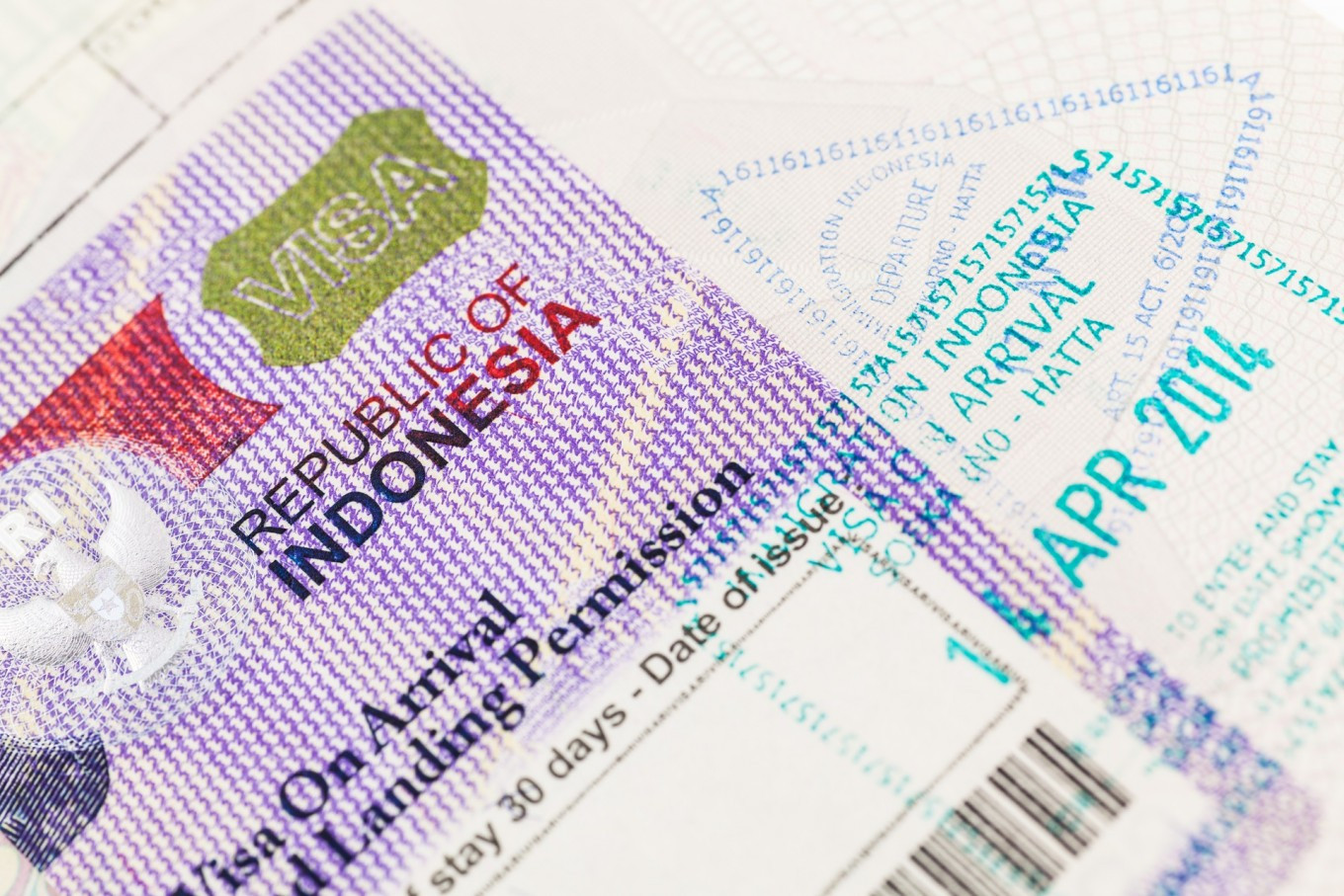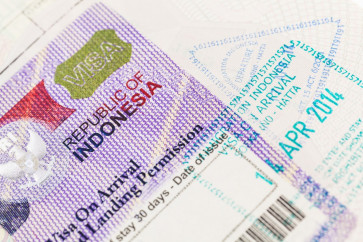Popular Reads
Top Results
Can't find what you're looking for?
View all search resultsPopular Reads
Top Results
Can't find what you're looking for?
View all search resultsAnalysis: Influencer's arrest in Myanmar shows RI's weak overseas protection
Change text size
Gift Premium Articles
to Anyone
A
n Indonesian national, identified by the initials AP, was arrested in Myanmar for illegally entering the country and engaging with the Karen National Union (KNU), an armed group designated as a banned organization by local authorities.
AP, an influencer back home, had traveled to Myanmar to attend a friend's wedding and subsequently shared photographs from the event posing with KNU members. He was arrested on Dec. 20, 2024, and a Myanmar court has since sentenced him to seven years in prison.
Judha Nugraha, director for the protection of Indonesian citizens at the Foreign Affairs Ministry, said AP was charged under Myanmar’s Anti-Terrorism Law, the 1947 Immigration Act and Section 17(2) of the Unlawful Associations Act. This case gained public attention not from the ministry, but from advocacy by Abraham Sridjaja, a member of Commission I overseeing foreign affairs of the House of Representatives, who urged the ministry to treat the matter with utmost seriousness.
AP's case underscores a broader challenge for the Indonesian government: The escalating number of legal issues involving its citizens overseas. Since 2024, hundreds of Indonesians have faced serious charges abroad, including 157 ongoing cases involving the death penalty. These cases are predominantly in Malaysia, with 147 instances, followed by 4 in Laos, 3 in the United Arab Emirates, 2 in Saudi Arabia and 1 in Vietnam.
Deputy Foreign Minister Arrmanatha Christiawan Nasir explained that 111 of these cases involved drug-related offenses, while 46 were linked to murder charges. Despite these grim statistics, the Indonesian government successfully intervened and secured the release of 137 citizens facing the death penalty in 2024, comprising 114 men and 23 women.
The complexity and sheer volume of such offenses are anticipated to rise due to the increasing prevalence of online gambling and human trafficking, crimes in which Indonesians are frequently involved. These individuals often remain undetected by Indonesian authorities until their cases attract media and public attention, prompting official awareness and intervention.
Driven by limited employment opportunities at home, more Indonesian citizens are seeking work abroad, often in low-skilled sectors and in countries where the death penalty remains legal. This situation creates a significant challenge for the government, as the number of citizens it can rescue from capital punishment may consistently fall short compared to the number of those who ultimately receive final death sentences.



















